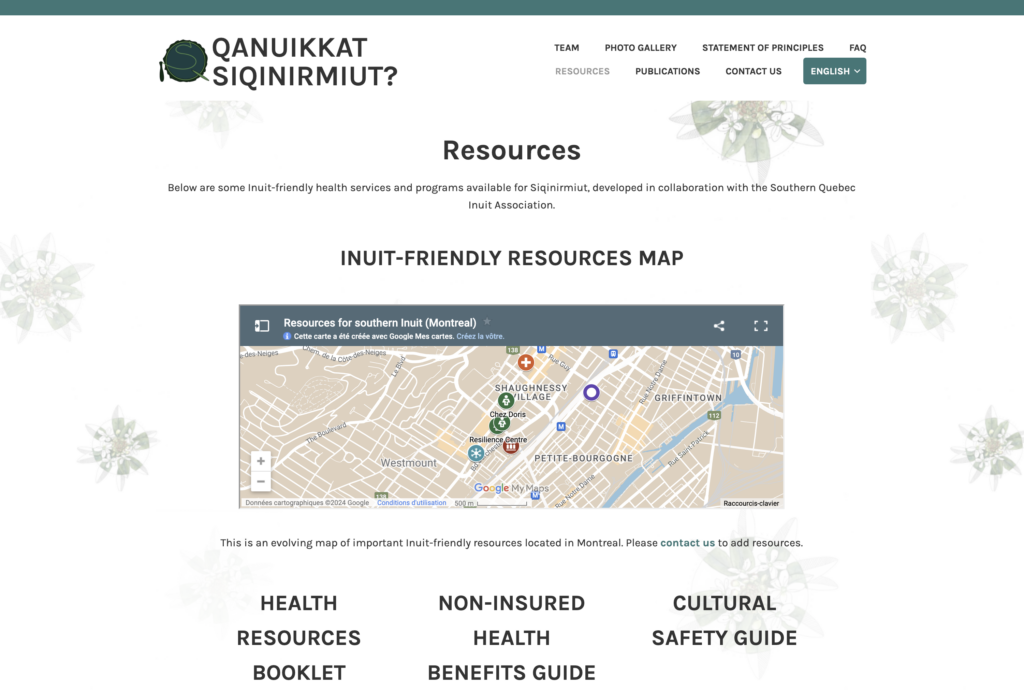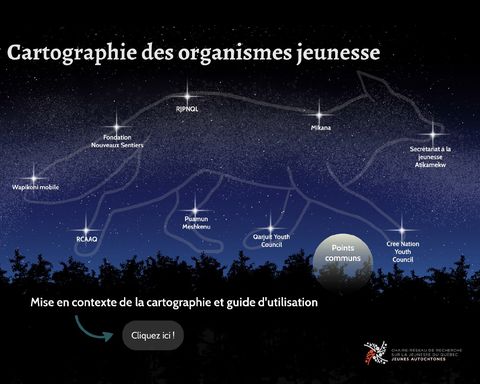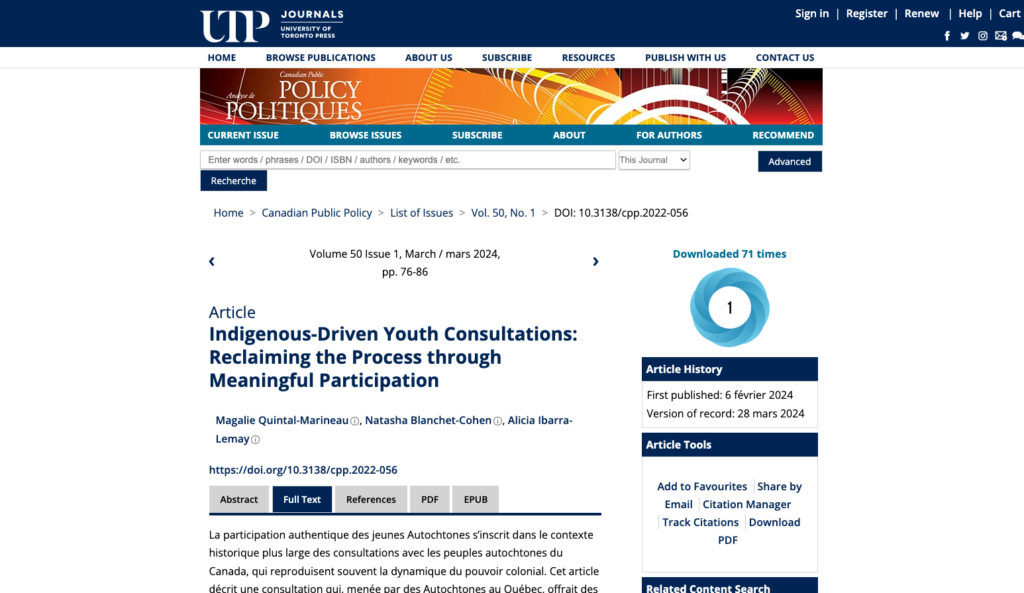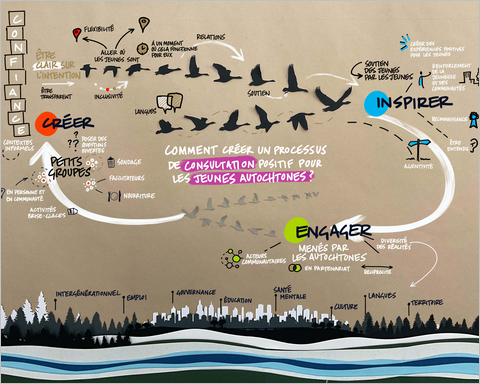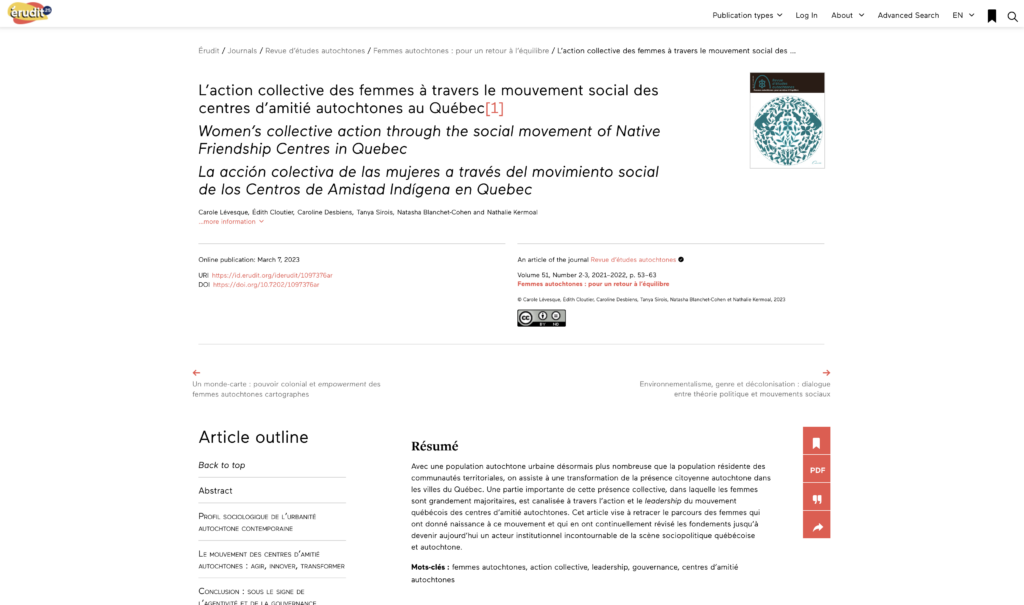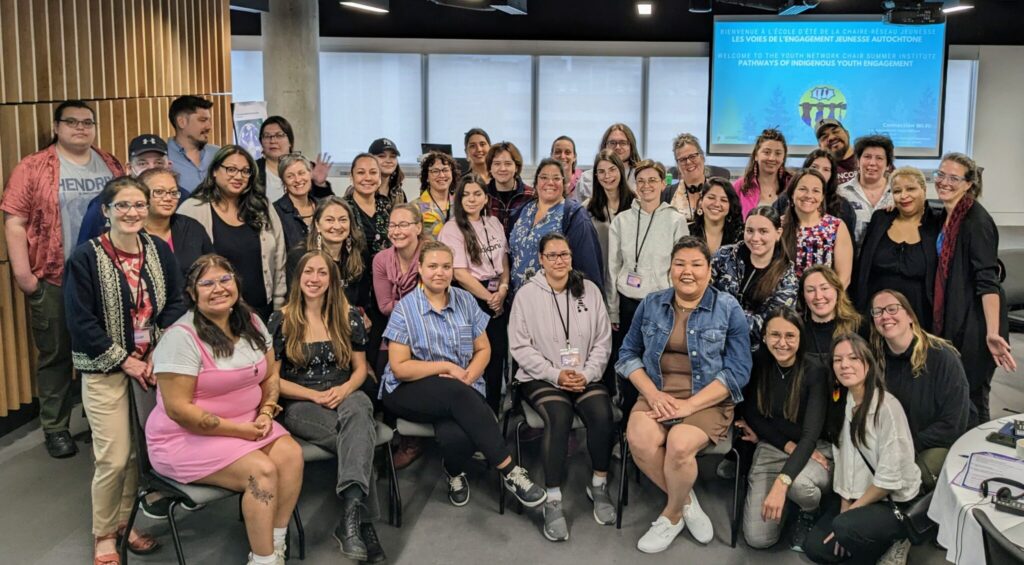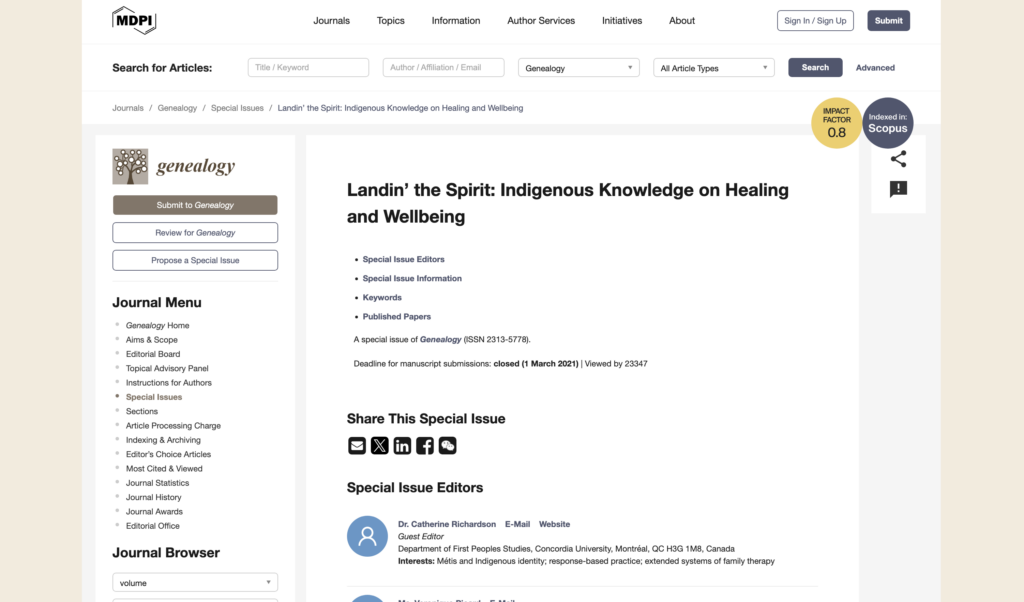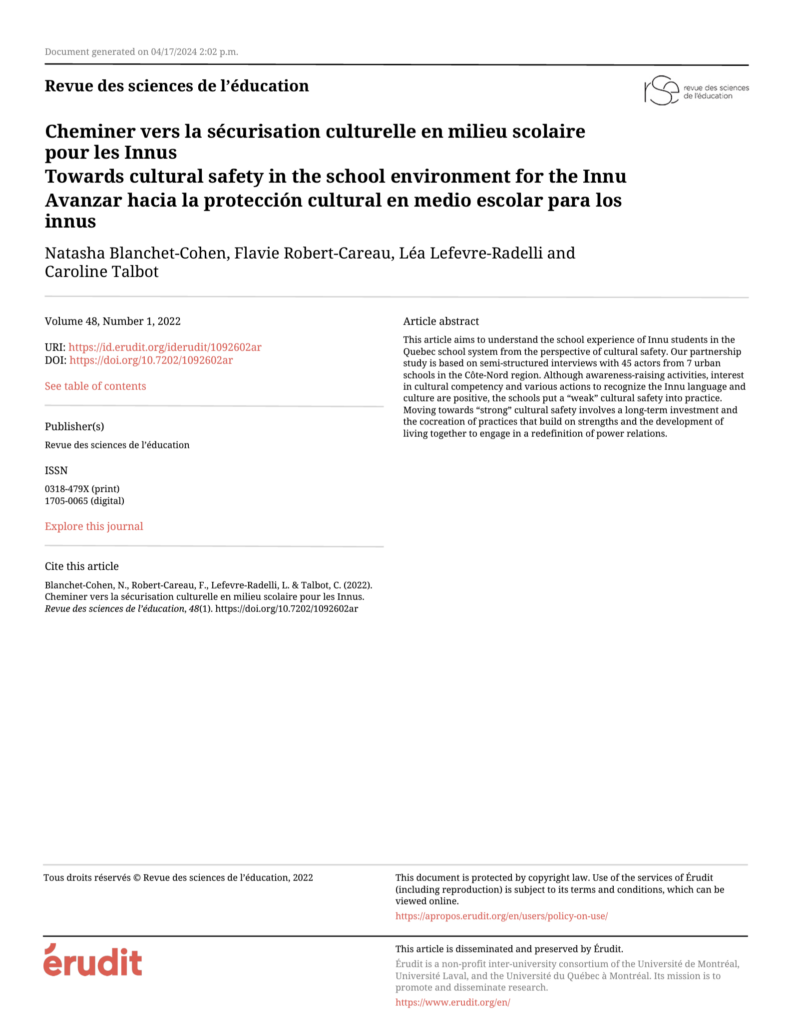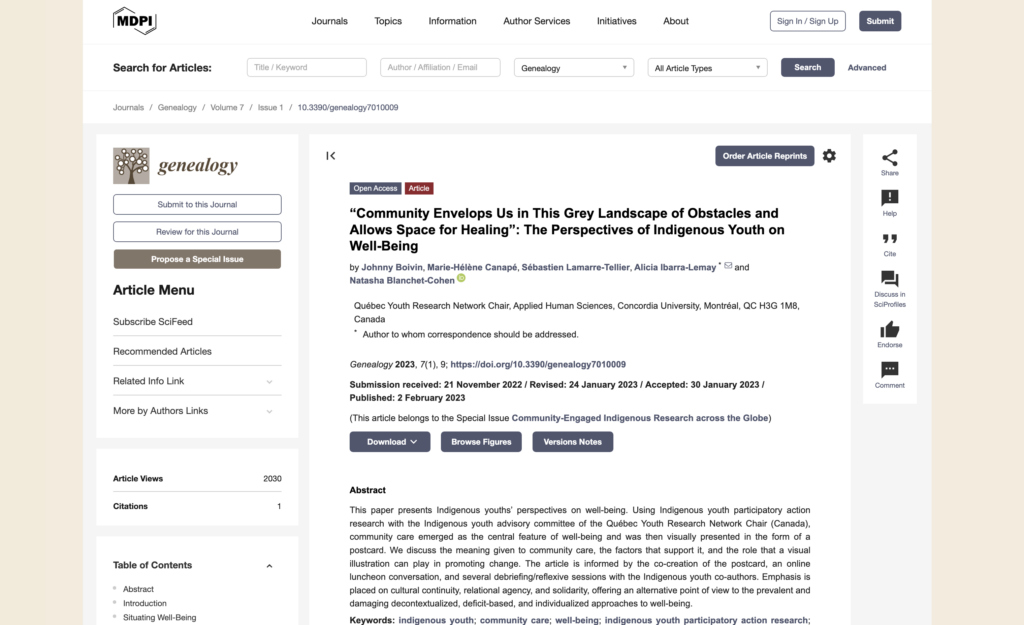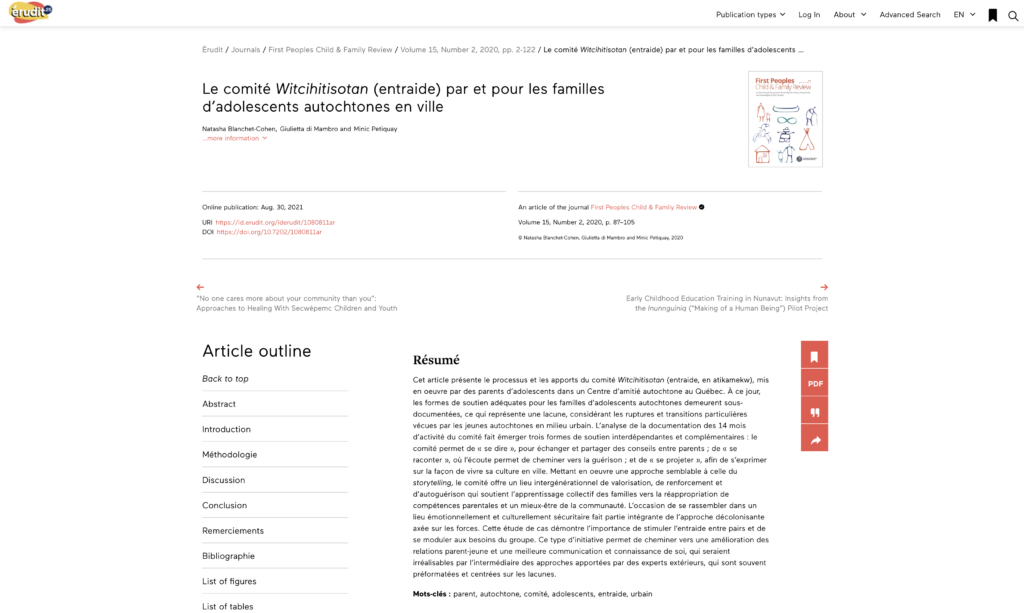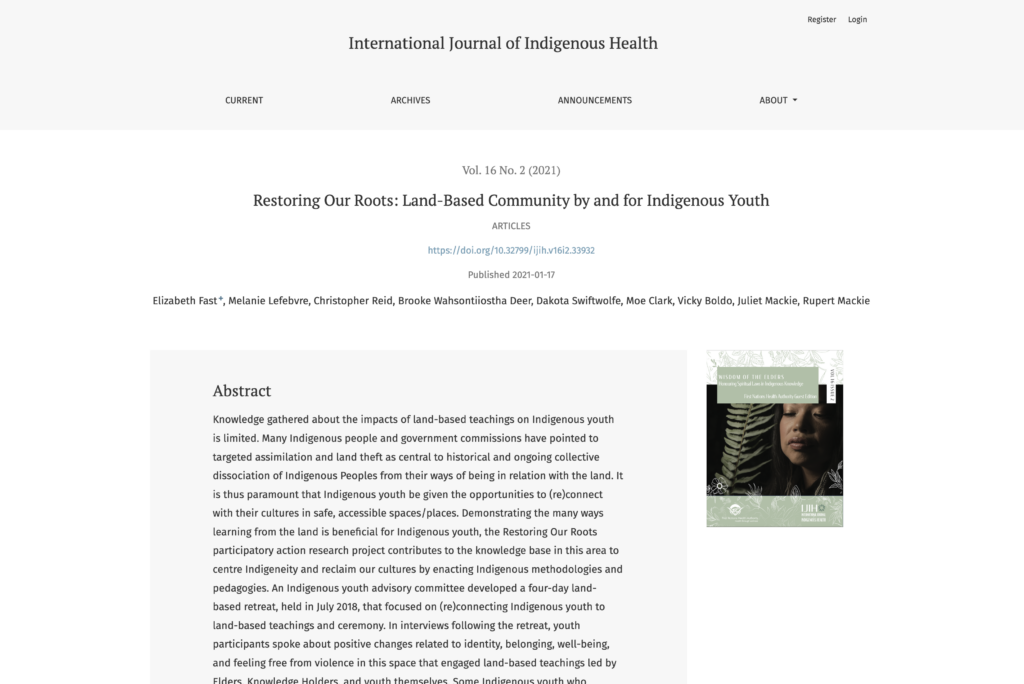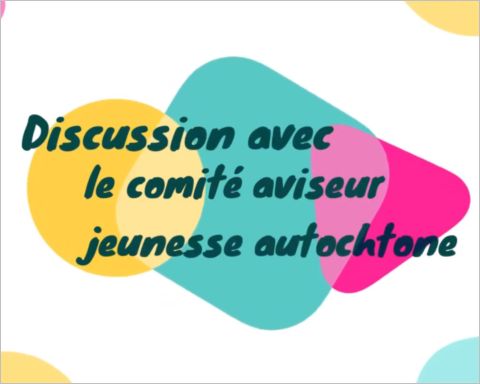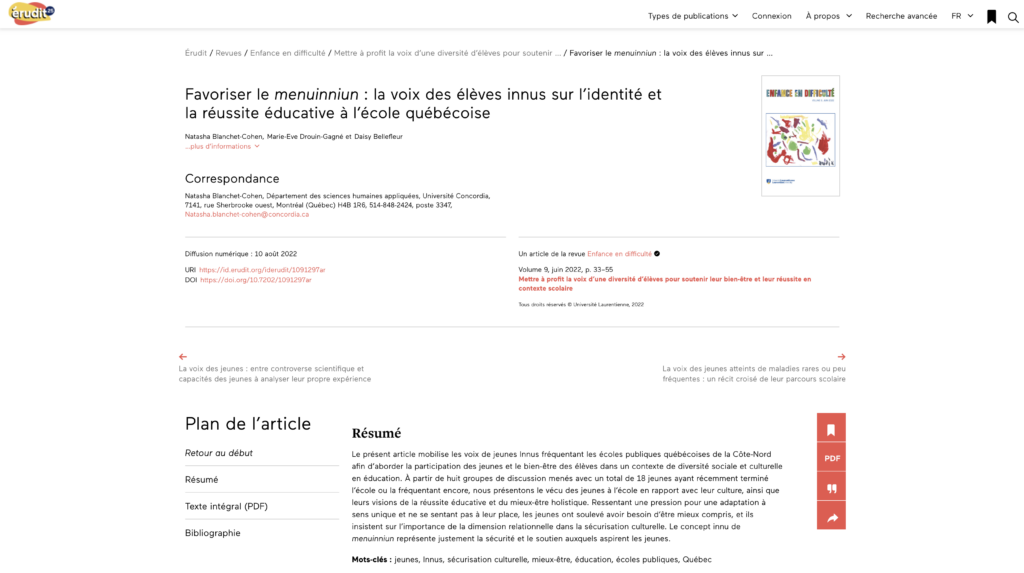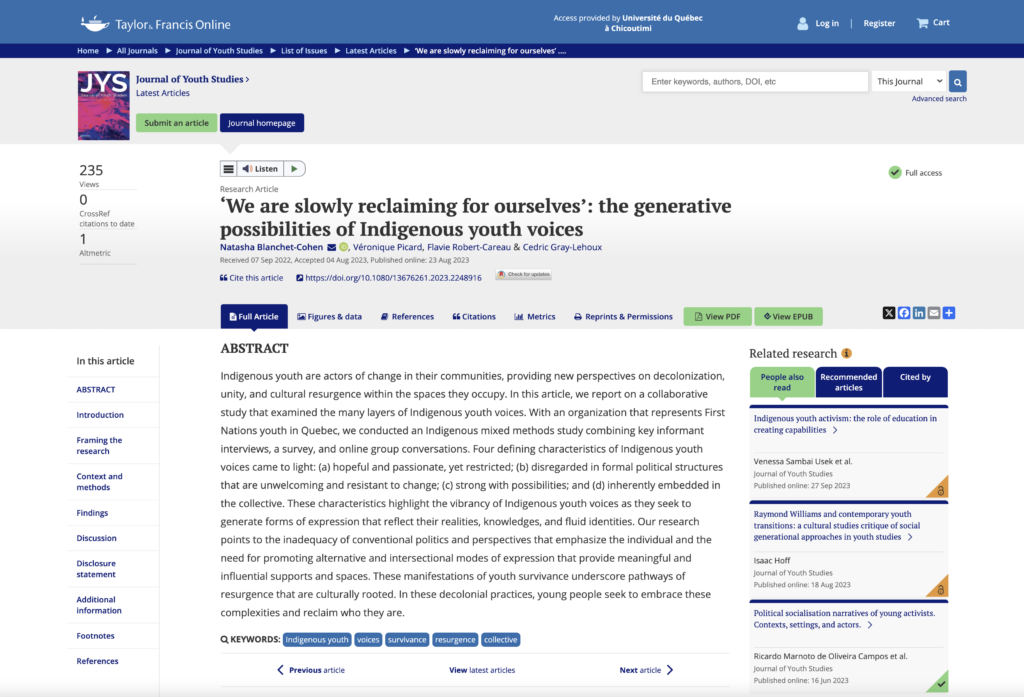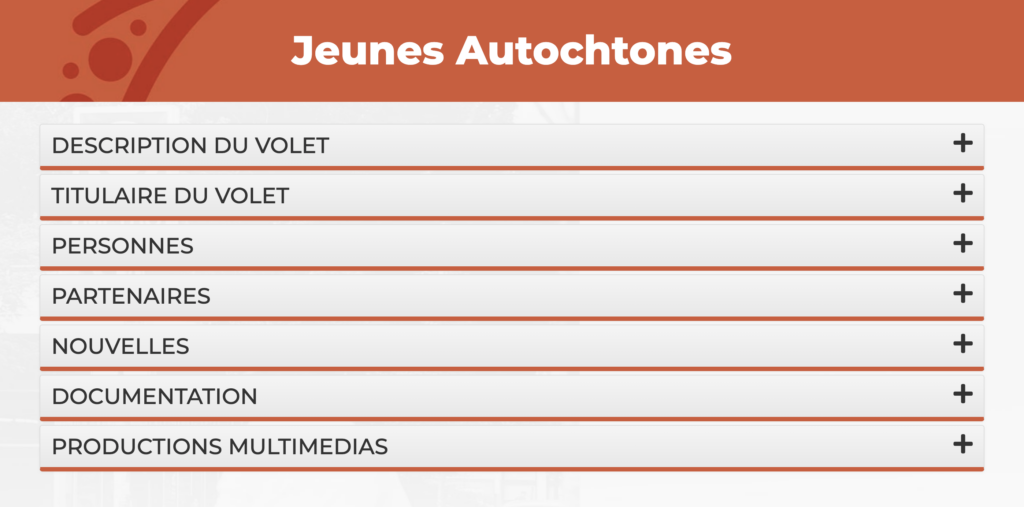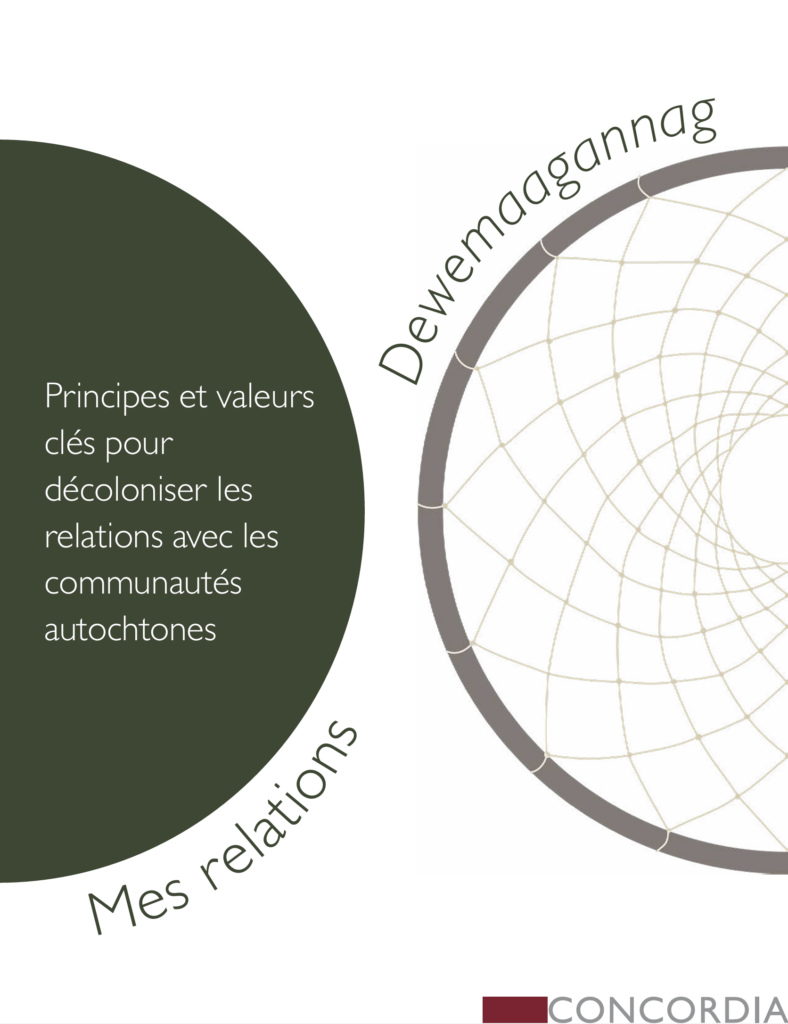Notice bibliographique
Coronado-Montoya, S., Abdel-Baki, A., Côté, J., Crockford, D., Dubreucq, S., Fischer, B., et al. (2023). Evaluation of a Cannabis Harm Reduction Intervention for People With First-Episode Psychosis: Protocol for a Pilot Multicentric Randomized Trial. JMIR Research Protocols, 12(1), Article e53094.
Résumé
Background
Cannabis use is highly prevalent in young people with first-episode psychosis (FEP). Most report cannabis use and are often diagnosed with a cannabis use disorder upon admission to specialized services for psychosis. Cannabis use in this population is associated with worse clinical and psychosocial outcomes, rendering it an important clinical target. Despite this, few cannabis-specific interventions have been developed for FEP and empirically evaluated through randomized controlled trials. Most evaluated interventions have targeted cannabis abstinence, with limited efficacy, but none have centered on harm reduction outcomes for people with FEP who use cannabis. Early intervention services (EIS), the standard of care for FEP, have not successfully addressed problematic cannabis use in people with FEP either. Clinical trials are needed to explore the potential of harm reduction strategies, although these should be preceded by robust pilot studies to establish optimal design and approaches.
Objective
Recognizing the need for harm reduction strategies for individuals with FEP who use cannabis and based on research on patients’ preferences supporting harm reduction interventions, we developed a mobile app–based cannabis harm reduction intervention for this population. This intervention is called Cannabis Harm–reducing Application to Manage Practices Safely (CHAMPS). Here, we describe the protocol for a multicenter, 2-arm, parallel group, randomized pilot trial evaluating the acceptability of CHAMPS for people with FEP who use cannabis and the feasibility of conducting a full-scale trial in this population using CHAMPS. The impact on key clinical outcomes will also be explored.
Methods
This pilot trial aims to recruit 100 young people with FEP using cannabis from 6 Canadian EIS clinics. Participants will be randomized in a 1:1 ratio to CHAMPS+EIS or EIS-only. CHAMPS acceptability will be assessed using completion rates for the intervention arm. Trial feasibility will be assessed using a retention rate for randomized participants. Secondary outcomes will explore tendencies of change in the use of protective behavioral strategies and in motivation to change strategies. Exploratory outcomes include cannabis use–related problems, other substance use, the severity of dependence, psychotic symptoms, and health care service use.
Results
Recruitment began in December 2021. Data collection and analysis are expected to be completed in early 2024. Study results describing CHAMPS acceptability and trial feasibility will then be submitted for publication in a peer-reviewed journal.
Conclusions
CHAMPS uniquely combines evidence-based approaches, patient perspectives, and mobile health technology to support harm reduction in people with FEP who use cannabis. Attaining adequate acceptability and feasibility through this trial may justify further exploration of harm reduction tools, particularly within the context of conducting a larger-scale randomized controlled trial. This pilot trial has the potential to advance knowledge for researchers and clinicians regarding a feasible and user-acceptable research design in the cannabis and early psychosis fields.
Hyperlien
https://www.researchprotocols.org/2023/1/e53094Publication du membre
Dre Amal Abdel-BakiAppartenance aux volets










